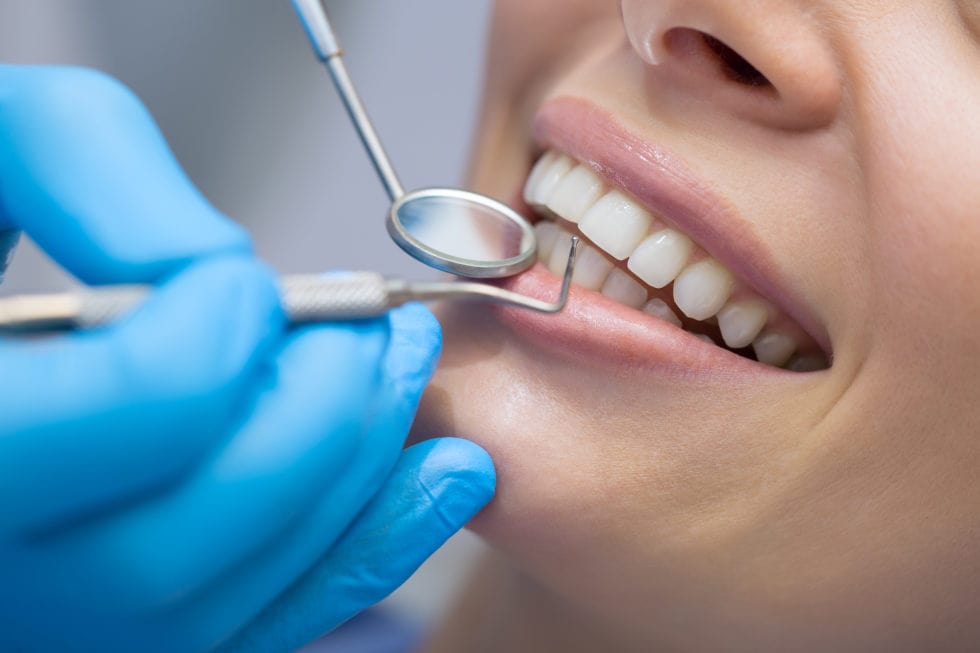Cavities, also known as caries or tooth decay, are permanently damaged areas on the surface of teeth that transform into tiny gaps or holes. Dental decay and cavities are among the most prevalent health issues that can lead to serious toothache, infection, or even tooth loss. In this article, we will discuss the causes, symptoms, and prevention of cavities.
Causes of Cavities
Cavities are caused by tooth decay, which is an occurrence that happens over time. Forms of plaque, a clear, sticky film that covers teeth, is the result of a diet that is heavy in sugars and starches but does not properly clean teeth.
Plaque that is left on teeth can become hard under or above the gum line and form tartar (calculus). The acids in plaque destroy minerals that are in the tooth’s hard outer enamel.
As tooth decay progresses in the teeth, bacteria, and acids continue to eat away at teeth before moving on to the tooth’s inner material (pulp) which contains blood vessels and nerves.
Symptoms of Cavities
The symptoms and signs of cavities can vary based on their size and location. If a cavity is only beginning to develop, you might not notice any signs.
As the decay grows, the decay can trigger symptoms and signs such as toothache, tooth sensitivity, pain when drinking or eating something sweet, cold, or hot, pits or visible holes within teeth, black, brown, or white staining, and pain when biting nails.
Prevention of Cavities
Everyone with teeth has a chance of developing cavities. However, regular visits to the dentist and regular hygiene practices such as flossing and brushing can protect you from tooth decay and cavities.
Foods that cling to teeth for a prolonged time, such as milk, ice cream, sugar, honey soda, dried fruit, cakes, cookies, hard candy, mints, dry cereals, and chips, tend to be more likely to cause decay than those which are easily cleaned away by saliva.
Drinking soda or other acidic beverages throughout the day contributes to an acidic bath that continues to wash over teeth. Brushing teeth after drinking and eating helps prevent plaque buildup.
Fluoride, a naturally occurring mineral, aids in preventing cavities and may even reverse the first stages of tooth decay. Due to its positive effects on teeth, it is added to the majority of public water sources.
It’s also a popular ingredient in mouthwashes and toothpaste. However, water from bottled bottles doesn’t contain fluoride.
When to Visit a Dentist
It’s essential to regularly check your dental health and cleanings even if your mouth is feeling fine. If you experience discomfort in your mouth or a toothache, consult your dentist as quickly as possible.
Risk Factors
Certain factors can increase the chances of getting cavities, including the location of teeth, certain beverages and foods, sipping or snacking frequently, food for infants at bedtime, brushing teeth too often, and insufficient fluoride.
ARE YOU LOOKING FOR DIGITAL AGENCY?
When it comes to website development, AZ Digitals stands out as a top-notch digital agency. They have a team of highly skilled and experienced professionals. Who is dedicated to creating stunning, responsive, and user-friendly websites that meet the needs of their clients?



